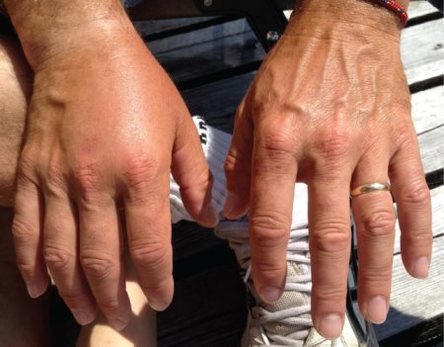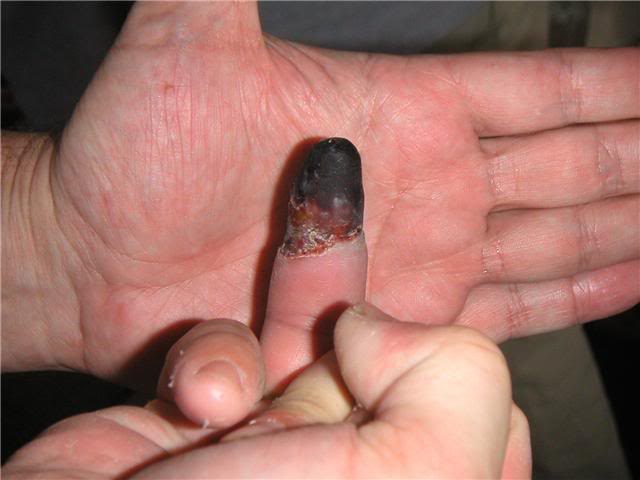ENVENOMATION - Getting Stung!
Getting stung by a lionfish will likely be one of the most painful experiences of your life. There are two types of lionfish hunters: those that have gotten stung and those that will get stung! If you will be partaking in lionfish culling be cautious to avoid getting stung, but prepared if and when it happens!
Most injuries result from carelessness when handling lionfish. Keeping focused and aware when handling lionfish will reduce your chances of getting stung.
The severity of sting reactions in humans is dependent upon a number of factors including:
If and when you do get stung the symptoms may include mild to more severe symptoms listed below. Rarely have lionfish stings resulted in death.
Most injuries result from carelessness when handling lionfish. Keeping focused and aware when handling lionfish will reduce your chances of getting stung.
The severity of sting reactions in humans is dependent upon a number of factors including:
- location of the sting
- amount of venom delivered
- strength of the immune system of the victim
If and when you do get stung the symptoms may include mild to more severe symptoms listed below. Rarely have lionfish stings resulted in death.
SYMPTOMS
Pain can last for several hours, while edema typically resolves in two to three days, and tissue discoloration can last up to four or five days. Some divers report tissue numbness at site of envenomation months after the incident. Due to edema and the venom's inherent toxicity, puncture wounds on fingers can lead to ischemia (restriction of blood supply to the tissues) and necrosis (Diver's Alert Network).
|
Common:
Severe:
|




